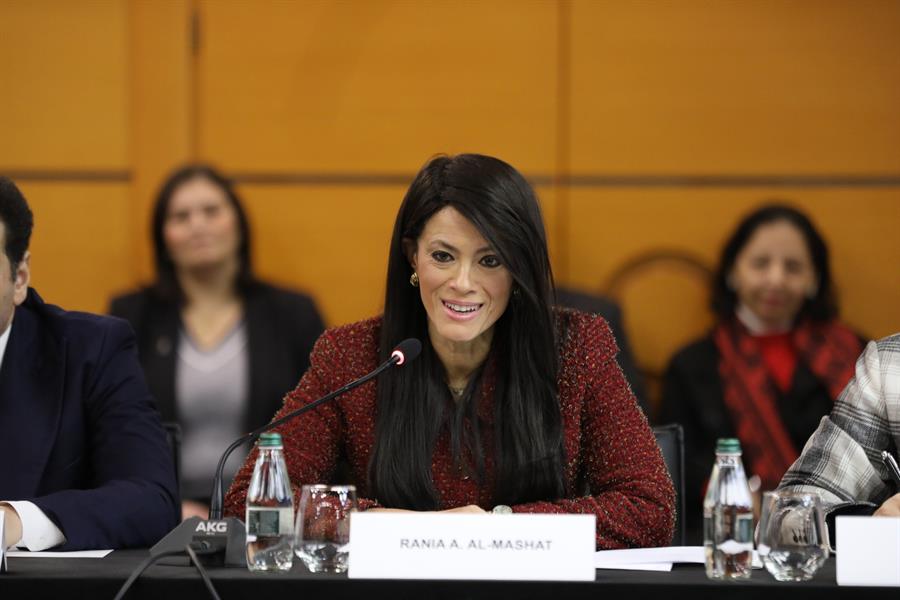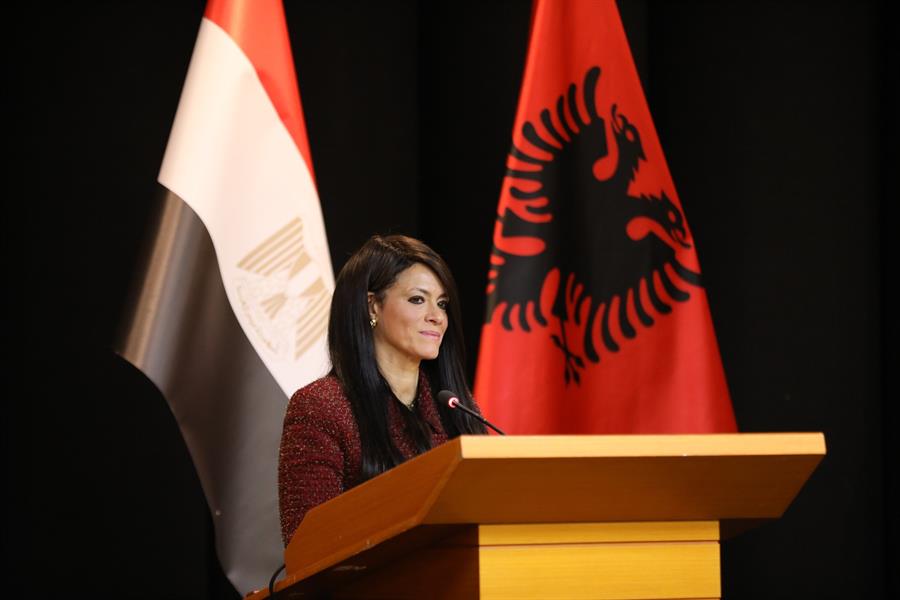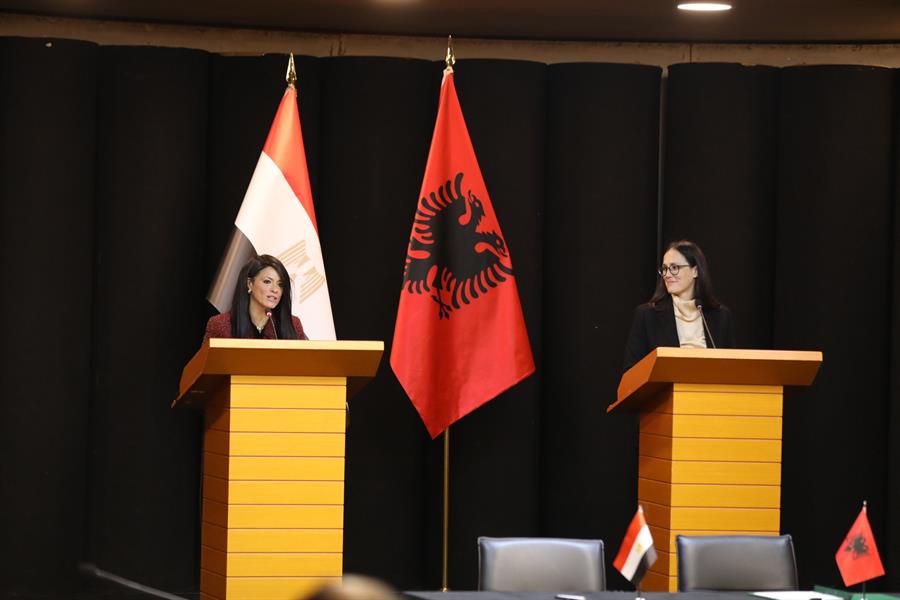Egypt’s Ministry of Planning and Economic Development reviews government green economy initiatives for FY 22/23 plan

19 September 2022
The Ministry of Planning and Economic Development issued recently a report on government initiatives and programs directed at environmental improvement and the transition to a green economy, with the plan for the current fiscal year 22/2023.
H.E. Dr. Hala El-Said, Minister of Planning and Economic Development, stated that with the global economy gradually recovering from the Coronavirus pandemic in 2021.She noted that the issue of climate change and environmental degradation has returned to the top of the list of thorny issues that require a unified global response in line with the sustainable development goals and with the Convention Paris (2015), and the Conference of Parties (COP 26) held in Glasgow in 202.
El-Said stressed the importance of the transition to a green economy, which leads to economic growth and sustainable development without being accompanied by environmental degradation.El-Said highlighted Egypt is keen to preserve the ecosystem and preserve natural resources, which is reflected in the concerted efforts of all ministries and state agencies to provide the elements for environmental improvement in terms of achieving environmental sustainability and developing a green economy.
In this context, El-Said indicated that the Ministry of Planning and Economic Development and the Ministry of Environment prepared a guide to environmental sustainability standards, and launched the first version in 2021 under the name of the strategic framework for green recovery.
The guide identifies the current sustainability criteria at the level of 14 economic sectors, and the parties responsible for them.El-Said added that in the context of Egypt’s hosting of the Conference of the Parties to the United Nations Framework Convention on Climate Change (Cop 27), the government is keen to adopt initiatives that support sustainable green growth, with investments ranging between 35% and 40% of the total investment in the year of the plan.
The report of the Ministry of Planning reviewed the most important government initiatives and programs directed at environmental improvement and the transformation of the green economy.
In the transportation sector, the plan includes the expansion of advanced transport projects, such as the monorail, the alternative frequency bus for microbus on the ring road, as well as subway networks and electric cars, in addition to the program for converting cars, as well as expanding the conclusion of international agreements for the production of green hydrogen as a feedstock for the production of green ammonia, with an estimated cost of the first phase of about 4 billion dollars.
In the electricity and renewable energy sector, the initiatives put forward in the plan aim to raise the percentage of renewable energy to 22% of the total energy used in the year 22/2023, and then to 25% in the year 2025/24, and to approach the targets of 2035 (42%), through the expansion of Solar energy projects and wind farms to generate electricity, such as the Benban solar power plant in Aswan.
Regarding the water resources and irrigation sector, the initiatives include the expansion of the modern field irrigation system, the use of the reciprocal irrigation system for planting lines, the expansion of groundwater desalination, the expansion of rain and flood water storage projects, the improvement of the quality of irrigation and public and covered drainage networks.Concerning institutional measures, the report indicated that environmental legislation has been amended and environmental management systems have been developed to focus on green economic development that is less dependent on carbon, include the environmental dimension in all development projects, and increase penalties against environmental erroneous practices.









